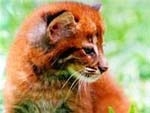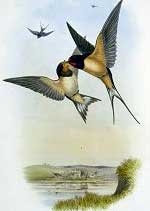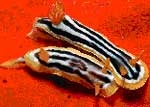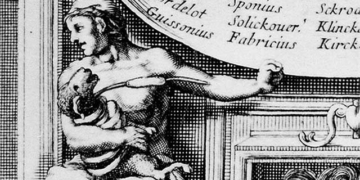Chinese scientists have successfully cloned three super dairy cows, which produce significantly more milk than usual. The local press has dubbed this a breakthrough for the Chinese dairy industry, helping reduce dependence on imported breeds.
The three calves were cloned by scientists at the Northwest A&F University, born in the Ningxia Hui Autonomous Region on January 23, The Ningxia Daily reported.
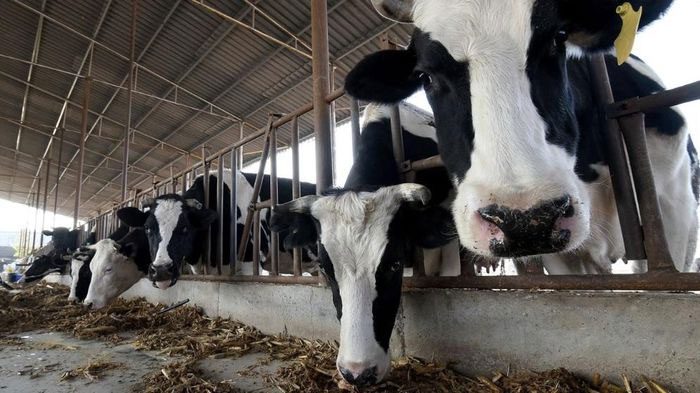
A herd of dairy cows in Henan Province, China. (Photo: Getty)
These cows were cloned from high-yield Holstein dairy cows. The selected individuals can produce 18 tons of milk per year, totaling 100 tons over their lifetime.
This amount is 1.7 times the average production of dairy cows in the United States in 2021, according to data from the U.S. Department of Agriculture.
The first calf was born on December 30, 2022, via cesarean section due to its large size (56.7 kg), a local official told the press.
The scientists created 120 embryos from ear cells of the high-yield dairy breed and implanted them into surrogate cows.
Jin Yaping, the project leader, stated that the emergence of these super dairy cows is a “breakthrough,” enabling China to preserve the best dairy breeds “in the most economically efficient way,” according to Global Times.
In China, only 5 out of every 10,000 dairy cows can produce 100 tons of milk throughout their lifetime, making these cows a valuable breeding resource. However, high-yield dairy cows can only be identified at the end of their lifespan, complicating breeding efforts, Jin noted.
China currently imports up to 70% of its dairy cows from abroad, as reported by Global Times.
“We aim to create a herd of over 1,000 super dairy cows within 2 to 3 years, laying a solid foundation to help China break free from dependence on foreign dairy cows and the risk of supply disruptions,” Jin told the newspaper.
China has made significant advancements in cloning technology in recent years.
Last year, a Chinese company in this field created the world’s first cloned Arctic wolf.
In 2017, Chinese scientists announced that they had cloned livestock resistant to tuberculosis, a disease threatening animals in many countries.








































